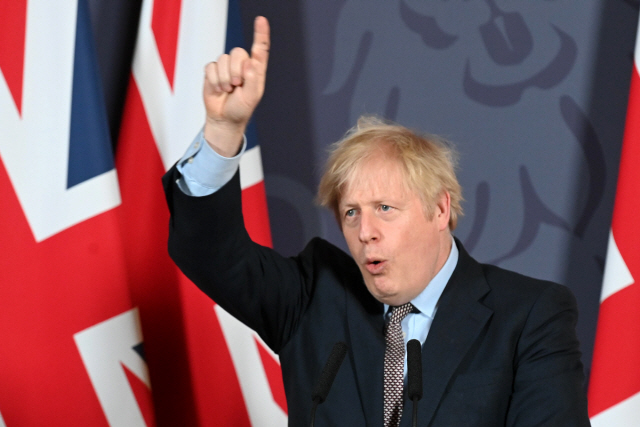Maintaining preferential tariffs with the conclusion of the Korea-English FTA last year
“EU Commission and UK Directives Should Continue Monitoring”
 viewer
viewer
Although the UK and the European Union (EU) have completed Brexit (the UK’s withdrawal from the EU) for about four years, the impact on the Korean economy is not expected to be significant. However, some point out that it is necessary to prepare for the application of laws and regulations in the UK and EU.
On the 24th (local time), the UK and the EU concluded an agreement on future relations that will take effect on January 1 of next year. The tariff-free trade between the UK and EU products was maintained, but the UK and EU offshore customs procedures are revived. Free movement is suspended and you must obtain a visa to live longer than 90 days.
However, it is predicted that Brexit’s impact on Korean companies will be limited. The Institute for Foreign Economic Policy (KIEP) predicted, “With the end of the Brexit implementation (transition) period, the Korea-English Free Trade Agreement (FTA) will come into effect.” “The impact of Brexit on the Korean economy will be negligible.”
The Korea-English FTA was ratified by the National Assembly on October 28 last year. Even if the UK leaves the EU through the Korea-English FTA, the preferential tariff benefits of the existing Korea-EU FTA remain the same. KIEP predicted that concerns over Brexit would be eliminated and economic uncertainty would be substantially resolved.
The Korea International Trade Association Institute for International Trade and Trade said, “As all goods traded between the UK and the EU must go through an offshore customs clearance procedure, the volume of offshore customs clearance may increase rapidly, which could affect the customs clearance schedule for Korean products. It is expected that there will be many, and we need to continue monitoring the guidelines of the EU Commission and the UK government in the future.”
Kim Jeong-gyun, a senior researcher at the Korea International Trade Association, advised, “Because local products may not be recognized as EU products, the ratio of input of offshore parts including Korean products should be checked in advance, and measures to convert to EU parts should also be reviewed.”
/Sejong = Reporter Hyojeong Park [email protected]
< 저작권자 ⓒ 서울경제, 무단 전재 및 재배포 금지 >
